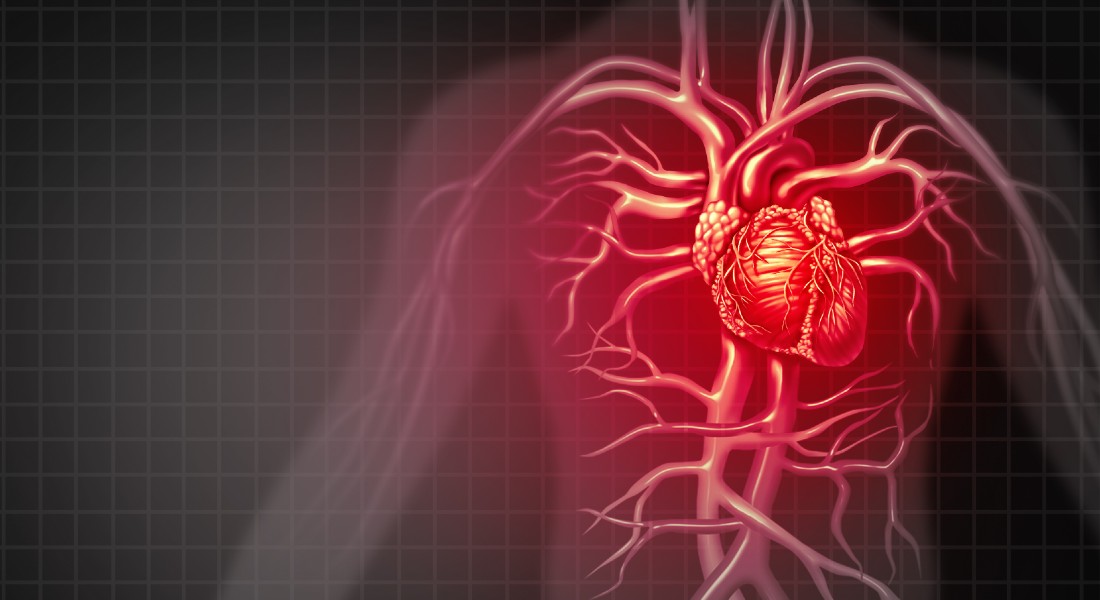Nearly one out of eight dies suddenly and unexpectedly of heart disease
In a new study, researchers from Rigshospitalet's Department of Cardiology and the Department of Forensic Medicine, the University of Copenhagen, found that up to one eighth of all deaths occurs suddenly and unexpectedly from heart disease. Many of the deaths are preventable if high-risk individuals can be identified.

Many people have experienced losing loved ones who, tragically, die suddenly. However, it is only now that the extent of sudden and unexpected death has been systematically investigated in a large nationwide study that was recently published in the acclaimed medical journal Heart Rhythm.
Sudden cardiac death can be prevented
The researchers examined all 54,028 deaths in Denmark in 2010. They thoroughly reviewed information from death certificates, autopsy reports and national health records in order to identify all cases of sudden and unexpected death caused by heart disease, so-called sudden cardiac death. They found that out of every eight deaths, close to one occurred suddenly and unexpectedly due to heart disease. Only about half of the suddenly deceased were diagnosed with heart disease prior to their death.
‘Our biggest challenge is that it is extremely difficult to identify who is at increased risk of sudden cardiac death. The group who has not been diagnosed with heart disease prior to their death is particularly difficult. The prospects are promising when we hopefully succeed in developing a model that can identify people at high risk of sudden cardiac death, as we can then start a targeted prevention’, says one of the researchers behind the study, MD and PhD at the Department of Cardiology at Rigshospitalet Thomas Hadberg Lynge.
The Danish study, which is supported by the Novo Nordisk Foundation, stands out because it is far more comprehensive than previous studies.
‘There have been smaller studies in the past on the extent of sudden and unexpected death, but because the studies have been either too narrow or defective, the results have pointed in several directions. Therefore, the actual extent of this health problem has previously been largely unknown’, explains cardiologist at the Department of Cardiology and Professor at the University of Copenhagen Jacob Tfelt-Hansen, who is heading the research group.
Uncertainty about causes of death
Danish death certificates provide a good foundation for estimating whether a death is sudden and unexpected. However, the cause of death can only be determined with certainty if the deceased undergoes an autopsy.
‘There are significantly fewer autopsies now than there used to be. Among those who died suddenly in 2010, only about seven percent had an autopsy. Statements of causes of death are therefore largely based on estimates. We hope that more of the suddenly deceased will be autopsied in the future. If we can identify people at high risk, we can target the prevention and thereby reduce the number of sudden deaths’, says Thomas Hadberg Lynge who calls for increased focus on research into sudden death.
